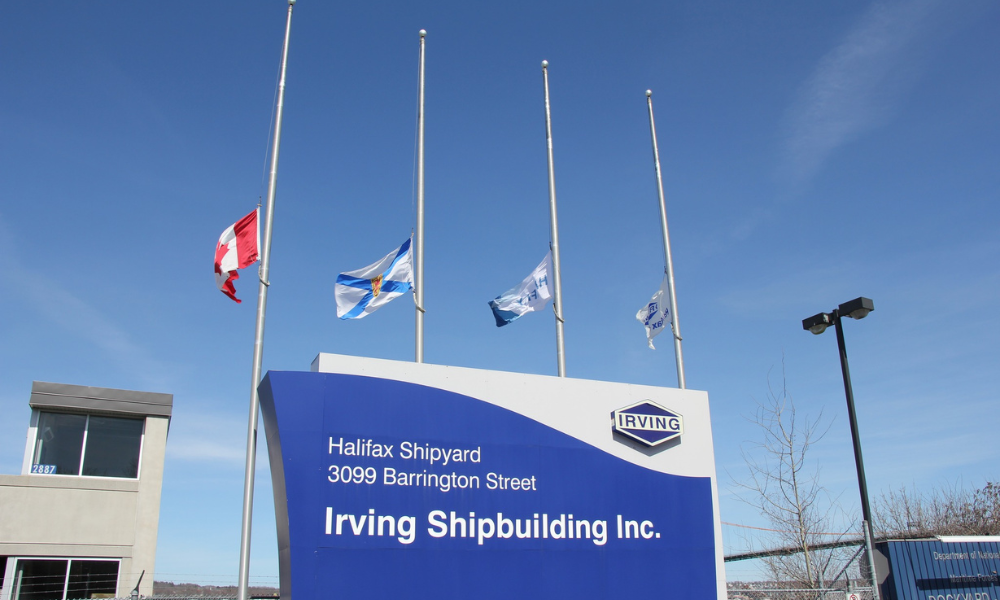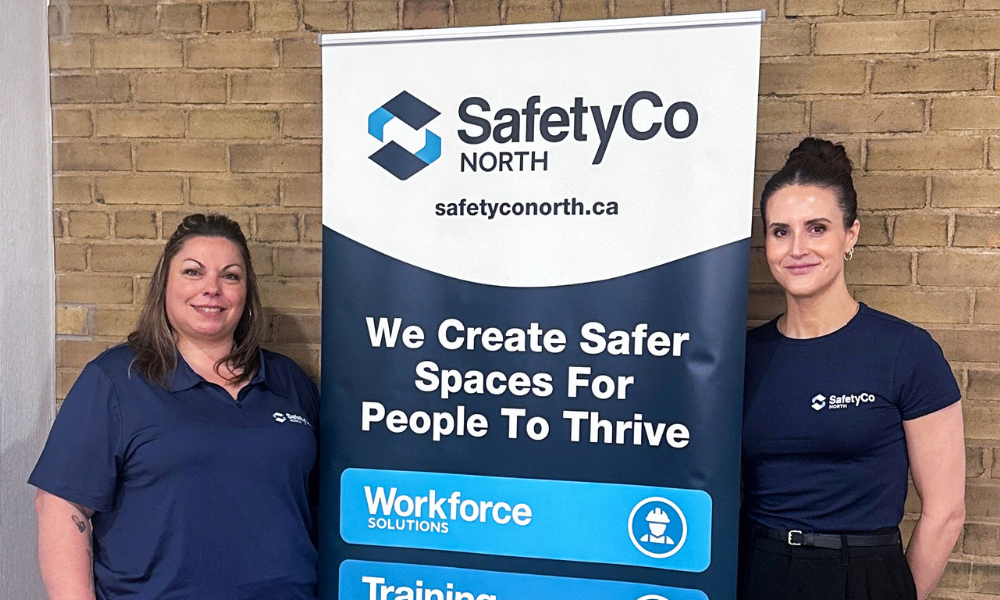Generally, the compensation legislation gives the compensation boards the ability to set out classifications for employers, and to determine premium rates for those employers. Premium rates are generally based on the risk level associated with specific types of work. Often, workers’ compensation is based on a collective risk, where employers who are engaged in similar types of work have similar classifications.
The compensation board may increase or decrease premiums associated with particular classifications, based on the number and severity of workplace accidents associated with a particular type of work or a particular industry. The classifications take into consideration that the employer will have ancillary services associated with their business, such as administrative staff, payroll or marketing. All work associated with an employer operating their main business activity is considered part of the main business activity and subject to the same premium.
When an employer first registers with the compensation board, they are placed into a classification by the board. The board has jurisdiction to determine classifications based on the nature of the employer’s work. Therefore, when registering for coverage, it is important to properly describe your business activity to ensure that you are properly classified and paying the appropriate premium rate.
Compensation boards will often ask employers for names of competitors, in order to ensure that they are being classified with employers in similar businesses. Provide as much information as possible so that your business can be properly classified.
It is often possible for employers to have multiple classifications if they have separate business activities that occur at the same location, such as a gas station with a restaurant. In such cases, the compensation board may allow the employer to have separate classifications for each business activity and pay different rates associated with each of those activities.
Multiple classifications are subject to specific rules surrounding payroll and overlap of business activities. In most cases, the payroll for each business activity must be separated. This separation should be made for purposes other than workers’ compensation coverage. As stated above, it is anticipated that employers would have staff performing ancillary functions to the business, such as administrative work, payroll or marketing. Therefore, employers cannot classify these staff separately from their main business activity.
As an employer, it is important to ensure that your business has been properly classified by the compensation board, for both cost savings and legal compliance. Perhaps you were incorrectly classified at the outset and have been overpaying premiums. Perhaps your business activity has changed or your business has expanded by taking on another company. In all cases, it is important to periodically review your classification to ensure that you are paying the correct premium rate.
If you have the potential to have multiple classifications, this may save you money, if you are able to have part of your business classified at a lower premium rate. If your business activities have changed, it is also important to report the change to the compensation board immediately, as this may be considered to be a material change in circumstances.
If you have been incorrectly classified or if you think your business might be better classified elsewhere within the compensation board’s classification scheme, request that your classification be reviewed.
If you disagree with your current classification, be sure to provide the compensation board with an alternative classification for consideration. It is important to point the compensation board toward the classification you think is more appropriate, and to provide supporting rationale as to why you think you belong there.
Although they make the final decision as to where your business should be classified, the information you provide about your business is key in ensuring that the best possible decision is made, and that you only pay your fair share.
David Marchione is an OHS consultant and paralegal with Gowling Lafleur Henderson LLP in Toronto, specializing in workers’ compensation matters. You can contact him at [email protected] or through the company’s website, www.gowlings.com/ohslaw.





